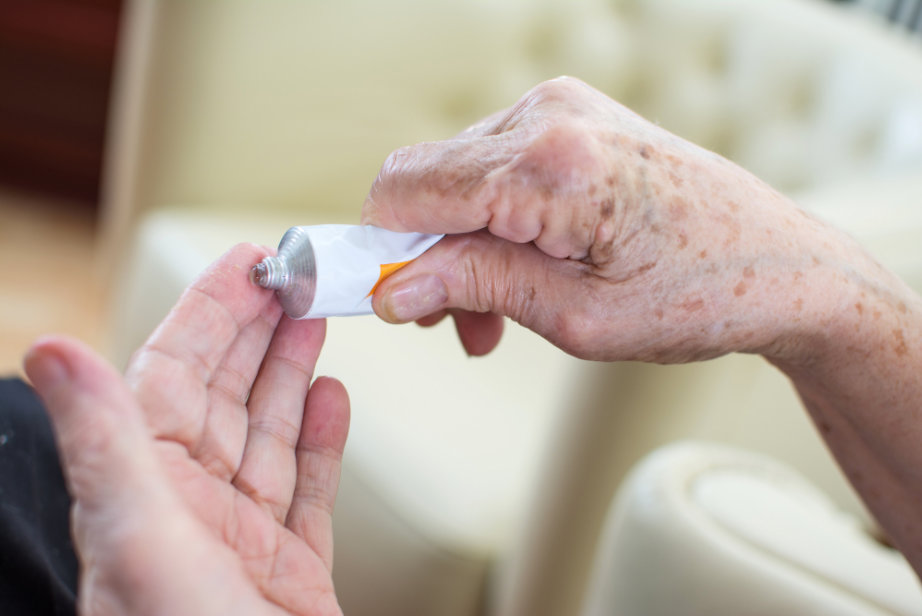
Caring for a loved one with incontinence demands not only emotional support but also meticulous attention to their skin health. Individuals dealing with incontinence are susceptible to various skin issues due to prolonged exposure to moisture, urine, and fecal matter. Preventing skin problems in incontinence care is essential to maintain the overall well-being and dignity of those affected. In this comprehensive blog post, we’ll delve into practical tips to help you prevent skin issues and promote optimal skin health.
- Choose the Right Incontinence Products
Selecting the appropriate incontinence products is crucial for preventing skin problems. Opt for high-quality, absorbent briefs or diapers that fit well and provide maximum protection. Ensure that the chosen product is designed to wick moisture away from the skin, reducing the risk of irritation and discomfort. Regularly check for wetness and change the products promptly to maintain a dry and healthy environment for those receiving home care in Delaware.
- Establish a Consistent Cleansing Routine
A consistent cleansing routine is fundamental in preventing skin issues associated with incontinence. Use mild, pH-balanced cleansers or wipes specifically designed for sensitive skin. Avoid harsh soaps or wipes with alcohol, as they can strip the skin of its natural oils, leading to dryness and irritation. Gently cleanse the skin during each diaper change, paying particular attention to folds and creases where moisture can accumulate.
- Pat Dry Instead of Rubbing
After cleansing, it’s essential to pat the skin dry rather than rubbing it with a towel. Rubbing can cause friction and irritation, exacerbating skin problems. Use a soft, absorbent towel and gently pat the skin until it dries. Additionally, consider using a moisture barrier cream or ointment to provide an extra layer of protection against moisture and reduce the risk of skin breakdown.
- Monitor and Manage Skin pH
Maintaining the proper pH balance of the skin is crucial for preventing irritation and discomfort. Use pH-balanced skin care products to help support the skin’s natural acidic environment. Avoid products with fragrances or dyes, as they can contribute to
 . Regularly monitoring the skin’s pH and promptly addressing any imbalances can contribute to overall skin health.
. Regularly monitoring the skin’s pH and promptly addressing any imbalances can contribute to overall skin health. - Practice Regular Skin Inspections
Regular skin inspections are essential in catching potential issues early on. Check the skin for signs of redness, irritation, or breakdown during each diaper change. Be vigilant about any changes in the skin’s texture or color. If you notice any abnormalities, consult with a healthcare professional for guidance on appropriate interventions, a critical aspect of a home care agency in Delaware. Additionally, ensure that the individual receiving incontinence care stays well-hydrated, as dehydration can contribute to skin dryness. Consult with a healthcare professional or a registered dietitian for personalized dietary recommendations.
Caring for someone with incontinence requires a thorough approach that includes attention to skin health. By considering these comprehensive tips, you can significantly reduce the risk of skin issues. Remember, promoting skin health not only enhances the quality of life for those in your care but also preserves their dignity and comfort.
Contact Greater Works Companion Care, LLC today for compassionate and reliable home care services in Wilmington, Delaware. Let us be your trusted partner in ensuring the well-being and comfort of your loved ones. Our commitment is to provide exceptional care, addressing both physical and emotional aspects of your loved one’s health journey. Trust us to make a positive difference in your family’s life.
Disclaimer
Blogs, content and other media uploaded online are for informational purposes only. Contents on this website should not be considered medical advice. Readers are strongly encouraged to visit their physician for health-related issues.





